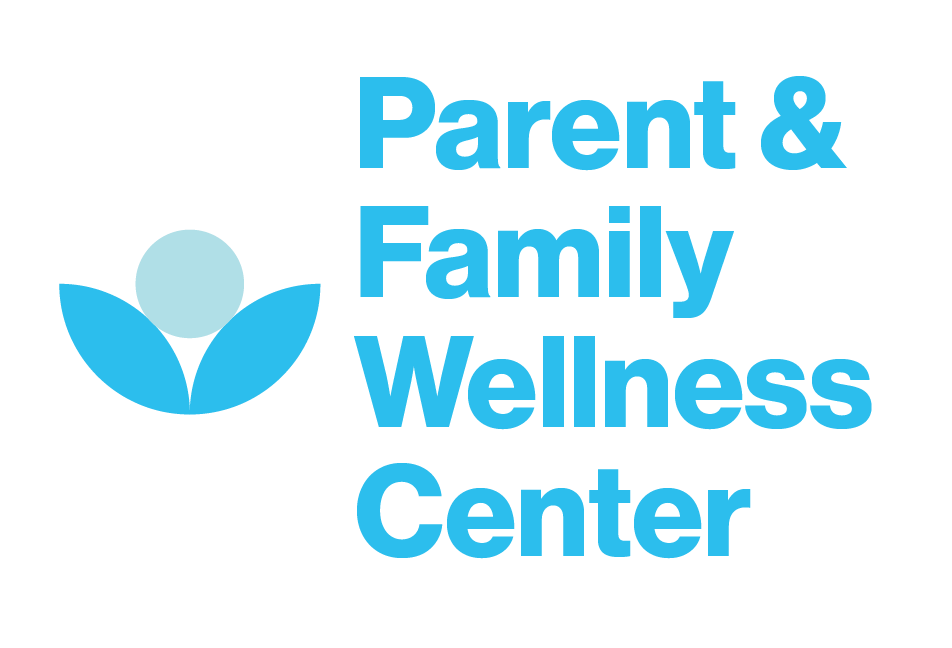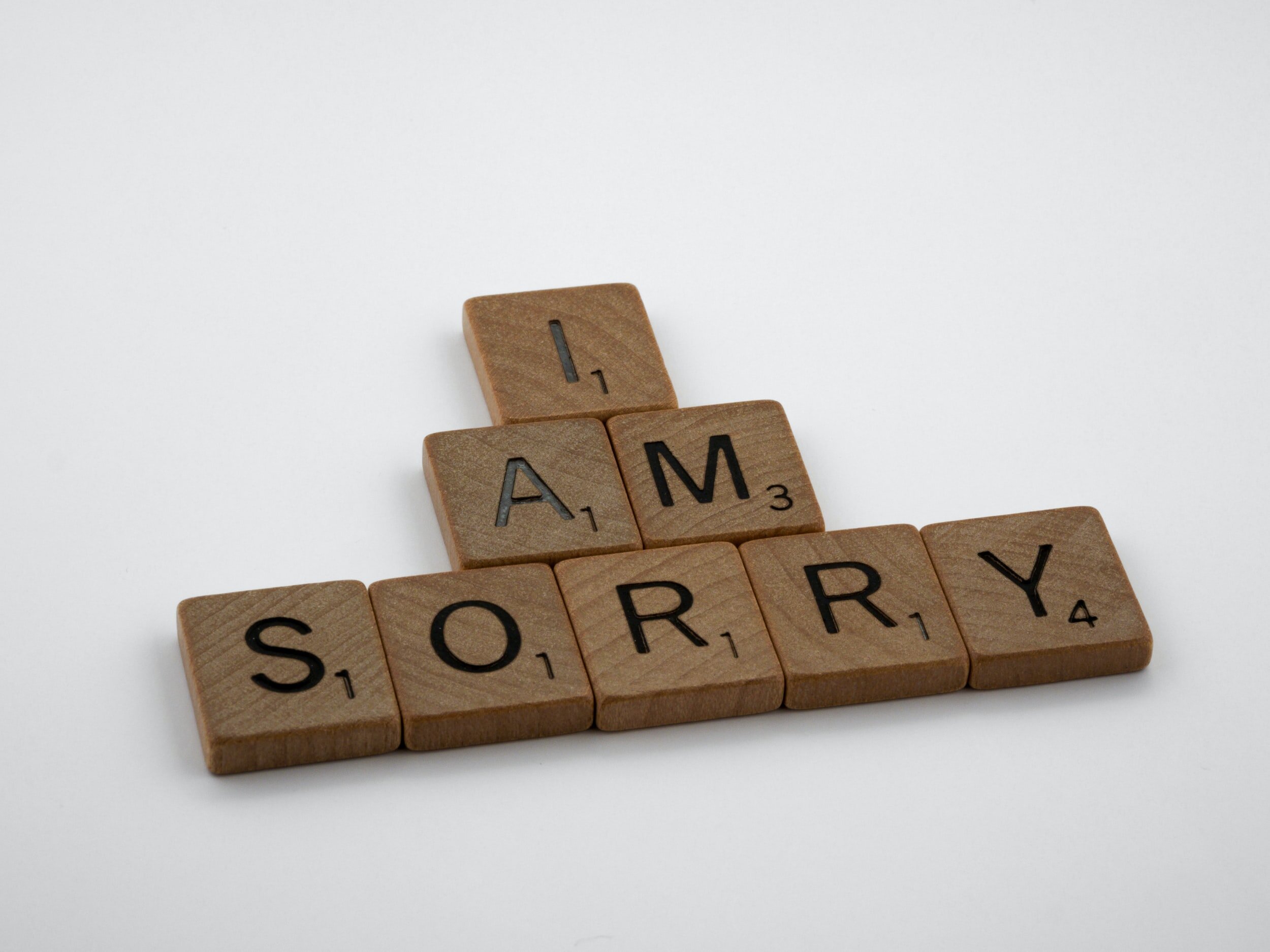3 Steps That Turn Your Mistakes in Motherhood into Wins
Let’s start with the facts: If you are like us, you make a million mistakes as a mom.
I actually don’t think I am exaggerating. And these mistakes happen whether you are a brand new mom or a very seasoned one. And of course these mistakes happen across the board for dads too. So many of us enter motherhood (parenthood!) thinking that we need to be perfect. Like, if we aren’t, if we mess up somehow, we will mess up our kids. And these mistakes come in all shapes and sizes. Big or small. As big as screaming at our kid in a moment of rage and uncertainty to, God Forbid, checking our email while our baby is playing next to us on the floor.
We worry that we are the worst mothers in the world. We worry that we are scarring our children for life. We think all other parents on the planet have some recipe to “perfect parenting” that we can not, for the life of us, find.
Ok. I’m here to save the day.
Actually, science is here to save the day. I’m just the messenger.
Donald Winnicot, Daniel Siegal, Brene Brown, and many others have spent their careers studying the ways that parents and children interact. They have studied what matters most in “good parenting” and what, actually, has the potential to cause damage that will impact their mental health moving forward. Their research and data is consistent and clear:
Perfect parenting can cause harm.
Making mistakes in parenting can build strong attachments and a strong sense of self for your child as he or she grows up.
I mean, phew!, Right?
So, what does this mean? It means that the “perfect” mom who is always a step ahead, who makes sure her child is never uncomfortable- never hungry, sad, disappointed, or unsure- sends a message to her child that he is not ok, that he needs her all the time, and that relationships are built on perfection and success and imperfection in relationships is a sign that something is terrible wrong. It means that the mom who makes mistakes is sending the message that mistakes are part of being human- we all make them all the time. When we suggest to our children that mistakes are bad, we set them up for a lot of suffering (and dare I say therapy) later on. And guess what? What we say to our kids doesn’t really matter at all, if what we are doing is something different. We can tell our 4 year old that spilling her milk is ok, but if she comes into the kitchen later and sees us swearing under our breath for spilling something ourselves, then THAT is what she will learn.
Making. Mistakes. Is. Important.
So, what does this look like in real time? And how can we use our mistakes to help our children and our relationships with them stronger?
Learn to forgive yourself for the mistakes you make, big or small. Remind yourself that you are human. Take a deep breath. Try an “oops”, or “yikes” rather than a “I’m so stupid”, or “What is wrong with me?”
REPAIR: When you make a mistake with your kiddo (yell, miss it when he/she needs something from you, get to school pick up late, emotionally retreat at a time when you are preoccupied by your own stuff), own it. Say that you are sorry. Let them know that it makes sense that they are angry, disappointed, or sad. Remind them that you will do your part in making sure that it doesn’t happen again or on a regular basis. (Then, do your work to follow through on this ;-)
When your kiddo makes a mistake, take a deep breath before reacting. Remind him/her that all humans make mistakes. Take a moment or two to get down at her level, look her in the eyes, and tell her that it is ok. After that moment you can get her help in cleaning up the spill and make a plan to avoid the same mistake in the future. But first, give her permission to be imperfect.
What this offers our children is the freedom to be real, full blown, imperfect humans. Children who are given permission to make mistakes actually grow up making fewer stupid ones. Truly. This is because they learn from their mistakes rather than developing a sense of shame. This also reminds our kids that they can trust us to love them unconditionally- that our love is not dependent on their performance. And this contributes to their ability to love themselves unconditionally which is a major key in mental health. Finally, this mistake and repair experience helps our children to be fully seen by us, which is incredibly important in healthy bonding and attachment.
So, there you have it. Take a deep breath. Forgive yourself. Be human. And help your child grow into that person who you hope they will be. Mistakes and all.
With love and respect,
Kate Kripke, LCSW, PHC-C, Founder, Director, & Senior Therapist
Does this blog post resonate for you? Would it be helpful for someone else? If so, please share, pass on, help a friend. Thank you!
And, of course, all of this is easier said than done. If you need help putting these things into practice, you are not alone. We’ve got you, and we are here to help.
Learn more about the Postpartum Wellness Center/Boulder where you can subscribe to receive weekly tips on mental health in motherhood.

